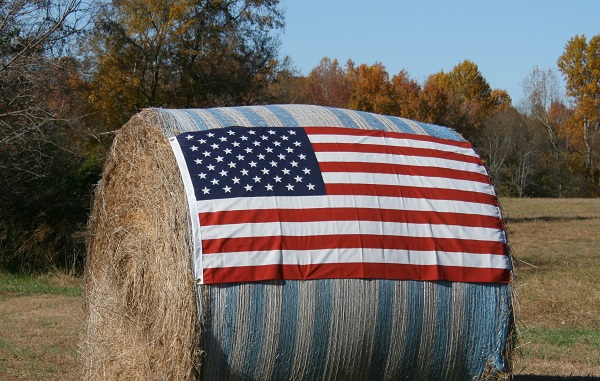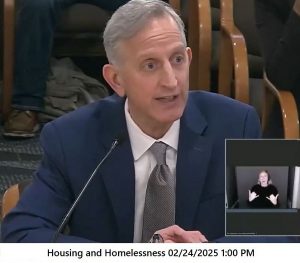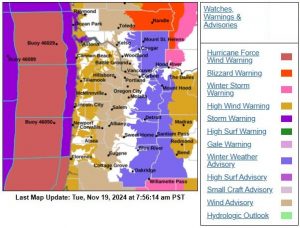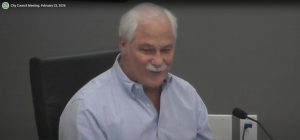Rural anger: Do we seek first to understand or to judge?
3 min read
by Marty Wilde
Conservative politicians often claim to be channeling the righteous anger of their rural constituents. In my experience—living in a rural area as a kid and later representing rural constituents who were generous in sharing their insights—I never felt them to be particularly angry. Instead, like most voters, urban, suburban, or rural, they mostly want to be left alone to pursue the activities endemic to rural life, not to become the justification for regressive policies.
Rural voters may have perspectives different from urban voters, but, contrary to the representations from extremists from the left and the right, good governance can harmonize those interests.
Farming. Farmer’s needs aren’t contrary to the needs of public or environmental health. I recall talking about herbicide policies with a friend who owned a grass seed farm in Linn County. She pointed out that the elimination of field burning in the Willamette Valley left her family with little choice but to use herbicides to sterilize the fields after the harvest, to allow the production of unmixed seed the next season.
She had no desire to pollute the river, which passed through her property, or to expose her family or employees to harmful herbicides unnecessarily. She wasn’t angry, just frustrated by a political process that boiled down to herbicide company-sponsored conservative politicians promoting unregulated use versus liberal advocates promoting policies that would put her out of business.
A thoughtful policy would have addressed her needs, possibly by identifying the safest herbicides to use, addressing the protections needed for workers during application, and ensuring buffers to prevent herbicides from reaching the river before they broke down.
Firearms. Despite the perception that no issue is as divisive between urban and rural voters than the regulation of firearms, I saw commonalities there as well. My rural constituents often viewed firearms as a necessary tool to protect themselves from animals, provide meat for their families, and deter crime in areas where police response time is measured in hours, not minutes. They generally believed in responsible use, including training, safety, and supervision of minors.
The focus from the left on eliminating entire categories of firearms and setting restrictions that would limit their effectiveness as tools frustrated some rural constituents, but few owned assault rifles, needed high-capacity magazines, or opposed the safe storage of firearm when not in use.
Property Taxes. Perhaps no issue divided my constituents more than property taxes. Urban constituents often supported property taxes to fund services like public schools, but land-rich and cash-poor rural families felt the impact of property taxes more severely. They wanted good schools as much as urbanites; they just preferred another way of funding them. And, in fairness to them, of the three major types of taxation – income, sales, and property – property taxes often feel the least fair.
Counterintuitively, despite the famous opposition of Oregon voters to a general sales tax, voters across the spectrum most often supported specified sales taxes. Taxing things like liquor, tobacco, cellular service, and other optional purchases elicits less resistance when those taxes were directed toward specific services.
For instance, voters across the spectrum supported Measure 101, levying tobacco taxes to support health coverage, because the connection made sense. On a similar note, the lack of a fair method of funding forest fire prevention and suppression frustrates them, as they’re the ones who feel the impact of those fires most directly.
What does anger rural voters is the failure to acknowledge their circumstances and legitimate interests. It can be difficult to understand the reasoning of those who seem to disagree with us, but failing to do so empowers cynical politicians who strive to profit off those divisions by promoting them and using deceptive tactics.
Conversely, some of the most satisfying experiences I had as a politician representing both urban and rural voters came when I was able to harmonize their interests, to find a solution that worked for everyone. So, when I see someone claiming to explain “rural anger,” I wonder if they are really working to promote understanding, or merely seeking to profit from division.
Marty Wilde represented central Lane and Linn counties in the Oregon legislature. For more of his Letters From a Recovering Politician, subscribe at https://martywilde.substack.com/subscribe.
Image courtesy Ildar Sagdejev (Specious), CC BY-SA 4.0 , via Wikimedia Commons.







